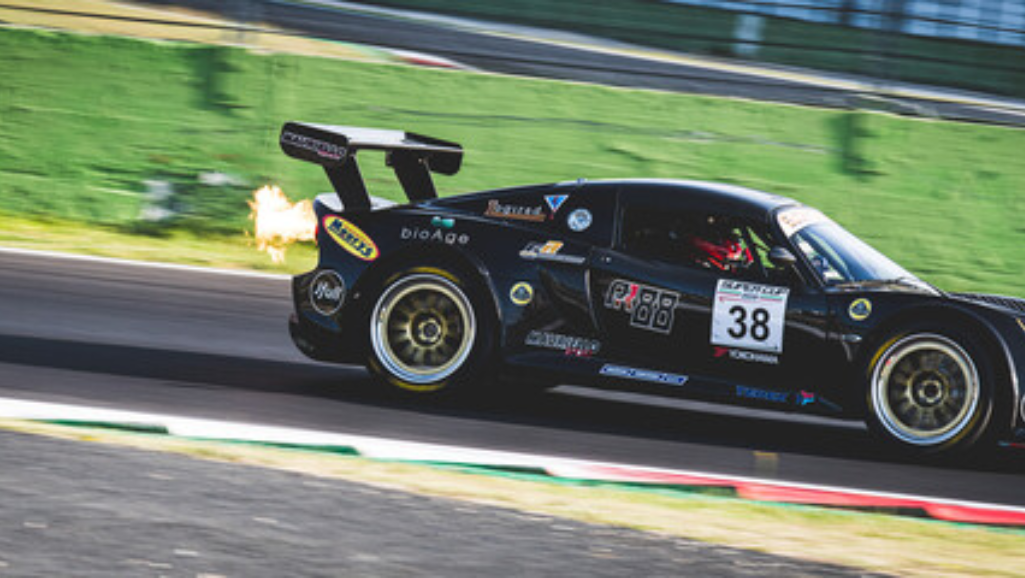If you’ve ever wondered why race cars opt for E85 fuel, you’re about to find out. E85, a blend of 85% ethanol and 15% gasoline, offers several advantages that make it a popular choice among racers. With a higher octane rating, E85 fuels enhanced engine performance, allowing cars to reach greater speeds. Additionally, it provides environmental benefits, as ethanol is a renewable resource. In this article, we’ll explore the reasons behind race cars’ preference for E85.
Higher Octane Rating
One reason race cars use E85 is because it has a higher octane rating, allowing for better performance. Octane rating is a measure of a fuel’s resistance to knocking or detonation in an engine. The higher the octane rating, the more compression the fuel can withstand before detonating. This is crucial in race car engines, which operate at high levels of compression to maximize power output.
By using E85, race cars can take advantage of its higher octane rating, which typically ranges from 100 to 105. This allows the engine to run at a higher compression ratio, resulting in increased fuel efficiency and power. The increased octane rating of E85 also helps prevent engine knocking, which can cause damage and decrease performance.
Furthermore, by using E85, race cars can also contribute to reduced carbon emissions. E85 is a blend of 85% ethanol and 15% gasoline, and ethanol is a renewable fuel source derived from plants. When compared to pure gasoline, E85 produces fewer greenhouse gas emissions, as ethanol has a lower carbon content. This aligns with the racing industry’s increasing focus on sustainability and reducing its environmental impact.
Enhanced Engine Performance
To enhance your engine performance, using E85 in race cars provides a significant boost. E85, a blend of 85% ethanol and 15% gasoline, offers several advantages that contribute to enhanced engine performance. One key benefit is improved fuel efficiency. Ethanol has a higher octane rating than gasoline, allowing engines to run at higher compression ratios, which leads to better combustion efficiency. This results in increased power output and improved engine performance.
Another advantage of using E85 is its cost effectiveness. Ethanol is generally cheaper than gasoline, making it an affordable option for race car teams. Additionally, the higher octane rating of E85 enables engine builders to design engines with higher compression ratios, which can lead to reduced engine wear and longer engine life. This means that race car teams can achieve enhanced engine performance while also saving on maintenance and repair costs.
Furthermore, the use of E85 in race cars promotes cleaner combustion and reduces harmful emissions. Ethanol has a higher oxygen content compared to gasoline, which helps in more complete combustion, resulting in lower levels of carbon monoxide and hydrocarbon emissions. This not only benefits the environment but also ensures compliance with emissions regulations.
Environmental Benefits
Race cars’ use of E85 provides numerous environmental benefits. When it comes to reducing carbon emissions, E85 proves to be a game-changer. Here are three key reasons why race cars using E85 contribute to a greener future:
- Reduced Carbon Emissions: E85, a fuel blend consisting of 85% ethanol and 15% gasoline, emits fewer greenhouse gases compared to traditional gasoline. Ethanol, derived from renewable sources such as corn or sugarcane, has a significantly lower carbon content, resulting in reduced carbon emissions. This reduction helps combat climate change and air pollution, making E85 a more environmentally friendly fuel choice for race cars.
- Renewable Fuel Source: Unlike fossil fuels, which are finite and contribute to environmental degradation, ethanol is a renewable fuel source. The production of ethanol involves harnessing organic matter, such as biomass or agricultural waste, and converting it into fuel. By embracing E85, race cars demonstrate a commitment to sustainability and a transition towards cleaner energy alternatives.
- Supporting Sustainable Practices: The use of E85 in race cars promotes sustainable practices within the motorsports industry. By opting for a renewable fuel source, teams and drivers actively contribute to the development and advancement of greener technologies. This encourages innovation and paves the way for a more sustainable future, not only in racing but also in the wider automotive industry.


